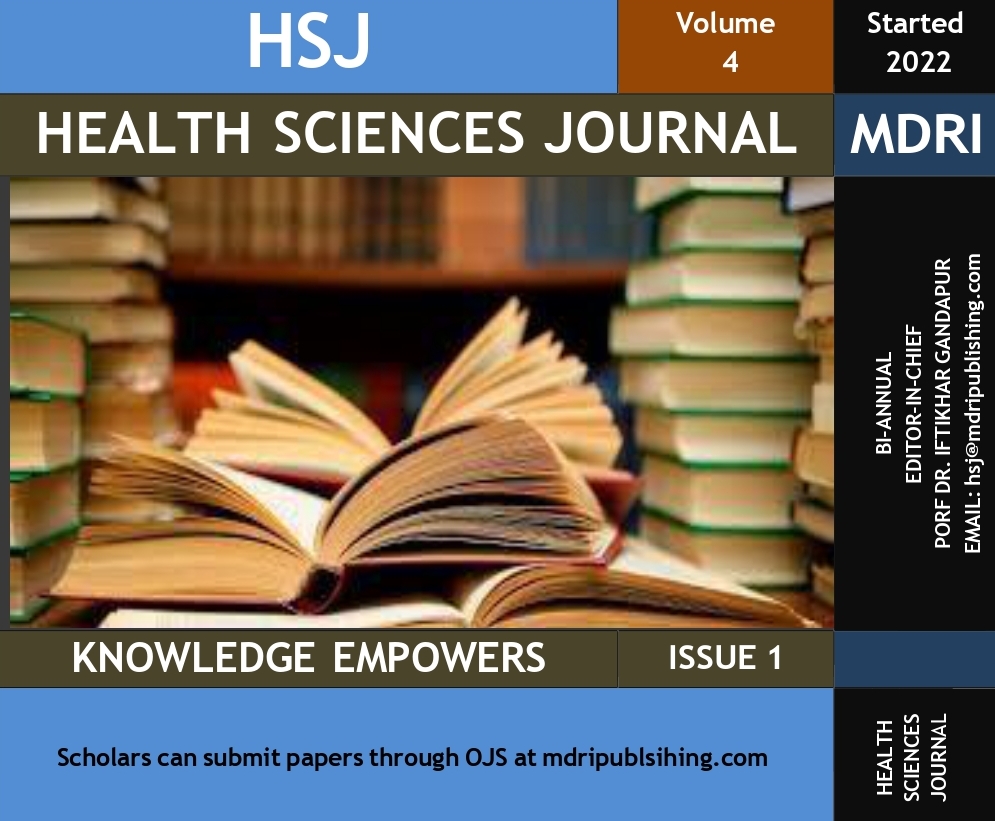A GUIDE TO MICROBIOME-FRIENDLY SKINCARE AND NATURAL COSMETICS
DOI:
https://doi.org/10.59365/hsj.4(1).2025.172Keywords:
Bioactive; Dysbiosis; Efficacy Microbiome; PostbioticsAbstract
Background: The human skin microbiome plays a vital role in maintaining cutaneous health by supporting barrier integrity, hydration, and protection against pathogens. Aims: This study aimed to evaluate the microbiome compatibility of marketed natural cosmetic formulations with a focus on ingredient composition, effects on representative skin commensals, pH stability, and moisture-retention capacity. Methodology: A laboratory-based experimental study was conducted. Fifty marketed products labelled as “microbiome friendly” were analyzed for ingredient profiles. Selected formulations were further tested in vitro against Staphylococcus epidermidis, Cutibacterium acne, and Corynebacterium spp. using agar diffusion and co-culture methods. Data was analyzed using descriptive statistics, ANOVA, and t-tests. Results: Ingredient analysis revealed that most products incorporated plant-based extracts (88%) and avoided disruptive agents such as parabens (84%) and SLS (92%), with 78% meeting ≥4 microbiome-friendly criteria. In vitro tests showed that S. epidermidis growth was most enhanced by Product A (+3.2 mm) and B (+2.8 mm), while Corynebacterium spp. also responded positively. C. acnes were inhibited by Product A (–0.5 mm) but promoted by Products B (+1.2 mm) and C (+0.8 mm), suggesting regulatory effects. pH testing confirmed Products A, B, and C were within skin-compatible range (4.9–5.6), with Product A exhibiting the highest moisture-retention capacity (72%). Product D exceeded the pH range (6.4) and demonstrated poor hydration (50%). Conclusion: Natural cosmetic formulations show promising alignment with microbiome-friendly principles, particularly those maintaining physiological pH and incorporating pre/pro/postbiotics. Product A demonstrated the most favourable balance of commensal support, pH stability, and hydration capacity. These findings suggest that optimized natural formulations can promote beneficial microbial growth while regulating opportunistic species, underscoring their potential role in microbiome-centered skincare.





